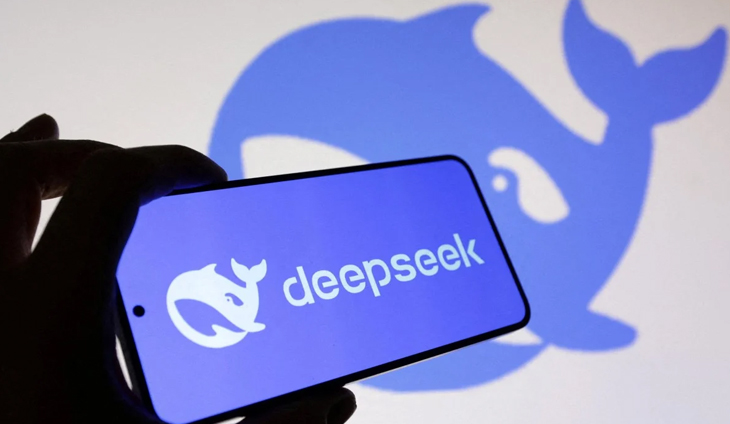In a significant stride for China’s artificial intelligence ambitions, Beijing-based startup DeepSeek has released an upgraded version of its flagship AI model, now optimized for compatibility with domestically produced chips. The move marks a key milestone in the country’s broader push for technological self-reliance amid ongoing global supply chain tensions.
The new model, dubbed DeepSeek-V2, boasts improved performance in natural language understanding, multilingual processing, and coding tasks. Crucially, the company announced that the model has been fully adapted to run on Chinese-manufactured AI accelerators, including those developed by Huawei’s Ascend series and Biren Technology—a strategic shift that reduces reliance on U.S.-made GPUs.
“We’ve achieved a breakthrough in optimizing our architecture for domestic hardware without sacrificing efficiency or model quality,” said Dr. Zhang Wei, Chief Scientist at DeepSeek. “This is not just a technical upgrade—it’s a statement of intent.”
Founded in 2023, DeepSeek has quickly gained prominence in China’s rapidly expanding AI sector, positioning itself as a domestic alternative to global giants like OpenAI and Anthropic. Its earlier models gained attention for their open-source accessibility and performance benchmarks rivaling GPT-4.
The announcement comes as Chinese tech firms face mounting pressure to localize their AI infrastructure in the wake of export restrictions on advanced semiconductors by the United States. Analysts view DeepSeek’s move as part of a broader trend among Chinese AI companies to accelerate homegrown innovation across the full AI stack—from chips to cloud.
According to company sources, DeepSeek-V2 will be made available to enterprise partners via a cloud API later this quarter, with open-source release plans under evaluation.
Industry watchers say the upgrade not only enhances DeepSeek’s competitive standing but also demonstrates the increasing viability of China’s chip ecosystem to support advanced AI development.
source: reuters.com
